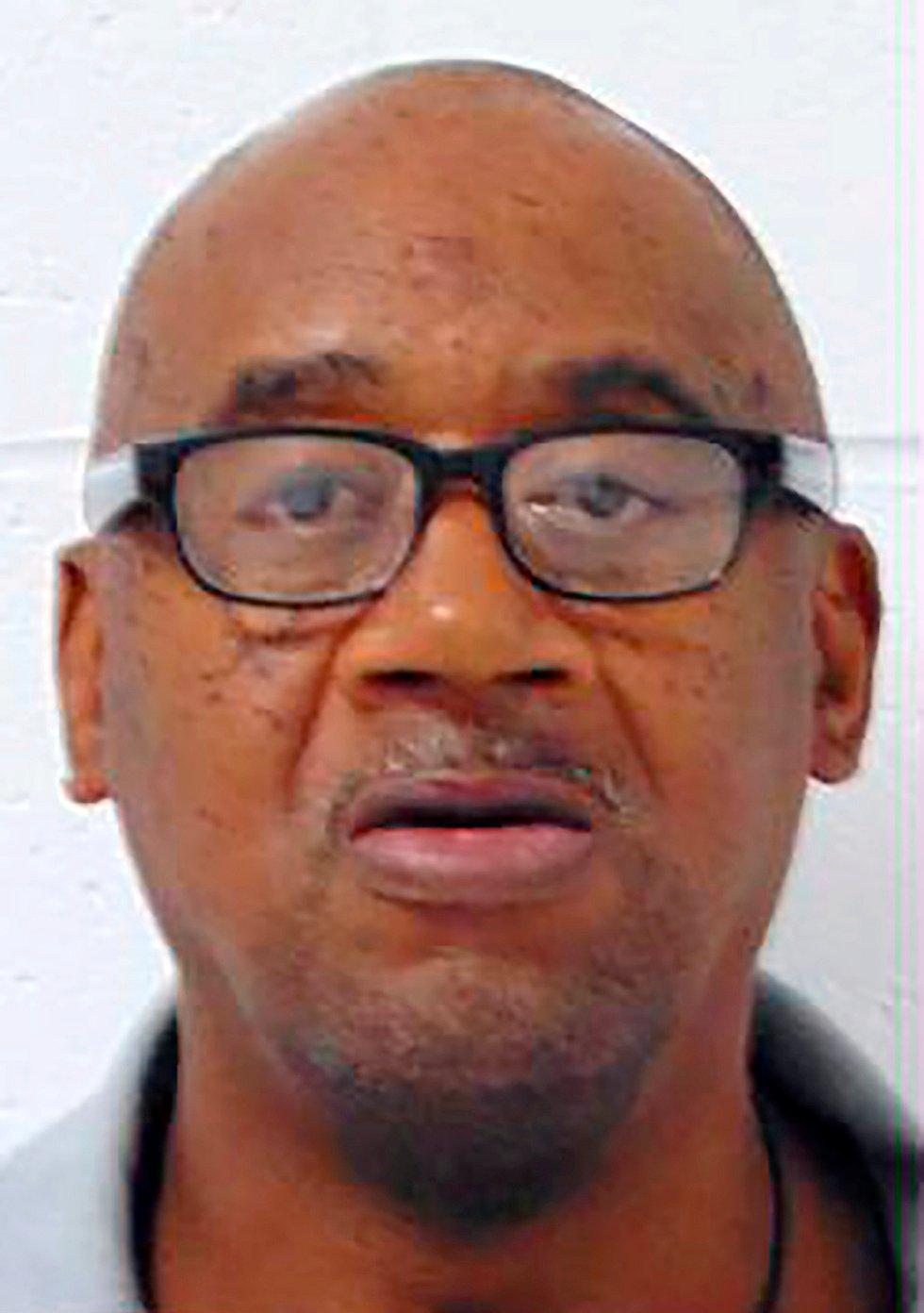Jolanta Steciuk has already been approached on the street – with the question of whether she could explain the way. No, she couldn’t: “I’ve only been in Görlitz for a week.” But she was happy anyway: “Apparently I already look like a Görlitz woman.” She likes the city very much, sometimes even reminding her of New York. where she once studied during a stay abroad: “Here and there there is a great variety – in terms of cultural offerings, but also, for example, in terms of food.” She likes the vegetarian options, the international cuisine – and on the other side of the river in Zgorzelec too the traditional Polish dishes.
The latter is no wonder: the 48-year-old comes from near Warsaw. She is one of the first three people who are in the project “City of the future on trial – A living and working experiment for a climate-neutral Görlitz” for a trial stay in Görlitz. Until the end of the year, she and the other two can try out Görlitz as a place to live, work and live. The aim is for them to support the city with their ideas and expertise on the way to climate neutrality and more sustainability during their three-month stay.
“A total of 18 of these trial stays are planned until March 2023,” explains Heike Hensel from the Leibniz Institute for Ecological Spatial Development (IOER), which is behind the project together with many partners. Around 60 applications were received – from one- and two-person households, but also from families with children. Many city dwellers – especially from Berlin and Dresden – were interested in participating. However, only those whose project ideas could contribute to the city’s ambitious goal of becoming climate-neutral by 2030 were selected.
Theater pedagogy plans Art project
The first three participants bring very different approaches to the city. A theater pedagogue from Saxony would like to implement a sustainable art project in cooperation with the Wildwuchs-Verein and together with children and young people from Görlitz. It will be about how a climate-neutral urban design looks, feels and can be experienced with all the senses. The second participant is a freelance data scientist from Berlin. He deals with traffic optimization, sharing concepts and intelligent traffic counts. He would like to contribute his knowledge to the Zittau / Görlitz University of Applied Sciences and also pass on his knowledge to interested Görlitzers and local companies.
And the third is Jolanta Steciuk, who studied international law in Warsaw – and in between historical dialogue and human rights in New York. In Poland she has two jobs: she works for a scholarship provider in Warsaw and in education near Wroclaw. She got to know Görlitz for the first time five years ago through her second position: “At that time I was here for a week with a German-Polish project for young people.” From this time she still has some contacts in Görlitz. It was through them that she became aware of the project “City of the future on trial”. She made a conscious decision: “Fortunately, it was compatible with my work, my boss is a big Görlitz fan.” And while the young participants and their wishes were the focus five years ago, she can now for the first time use Görlitz according to her own ideas explore.
What does she want to do here? “First explore Görlitz, talk to as many people as possible”. That works very well, although she mainly speaks Polish and English. She goes to events and to the Berzdorfer See, just speaks to people. She has even made contact with neighbors in the house where she lives. “I think it’s a privilege for newcomers to go anywhere and ask questions.”
A funding program has already been found
But it doesn’t make it an end in itself. Your main goal is to network many people, Germans and Poles. And precisely. She always asks herself: who could cooperate with whom so that both sides are helped? And she is confident that it will succeed, in the end she may want to create a document with possible partnerships and has already found a suitable funding program. But what does all of this have to do with climate neutrality? “I think that I can contribute to this indirectly,” says Jolanta Steciuk. You couldn’t cut out Görlitz and make it climate-neutral all by yourself. The city is embedded in the region. This is where she wants to start, on both sides of the Neisse. If it is possible to establish new contacts everywhere, a lot can be achieved.
–


